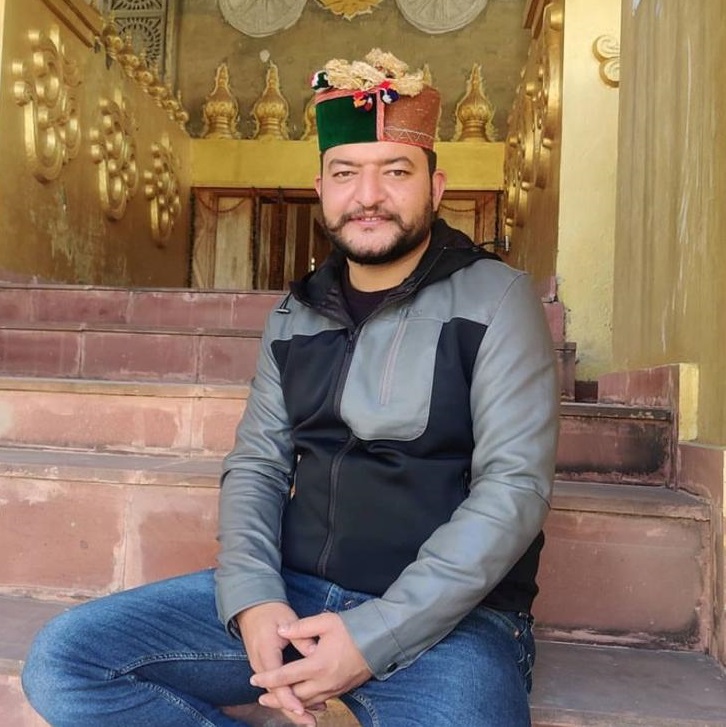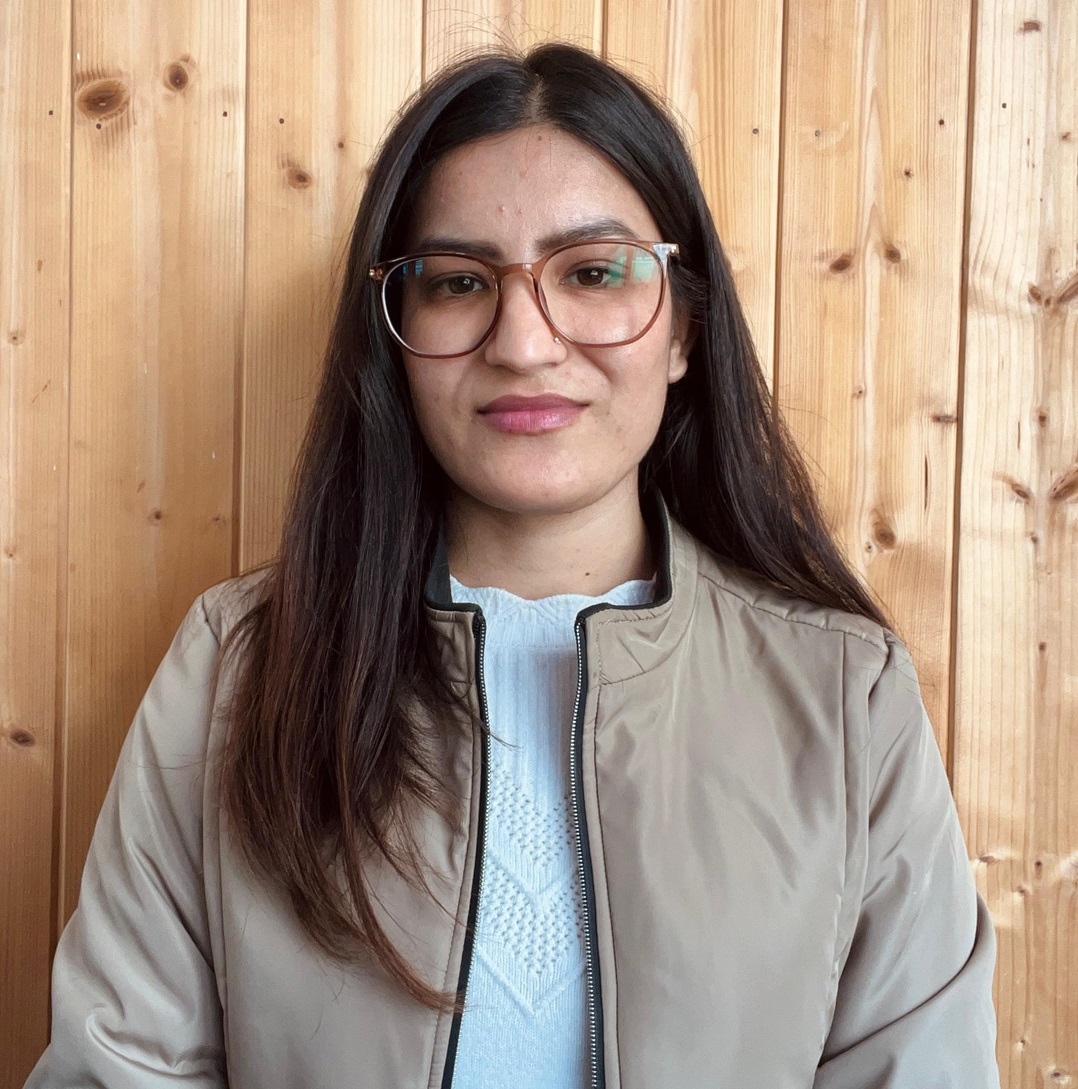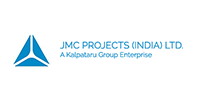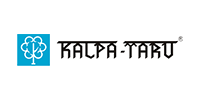PhD Mechanical Engineering
Eligibility : Four year graduation degree by research or Master’s degree in related discipline with minimum 55% marks
- Duration : 3 years
- Admission Criteria : Shoolini University's multiple choice entrance test, and assessment of research aptitude through concept note & faculty interaction. GATE qualified candidates are exempt from the written exam.
PhD in Mechanical Engineering at Shoolini University focuses on niche research aspects of Mechanical Engineering like micro-electro-mechanical systems, nanotechnology, finite element analysis, biomechanics, and friction stir welding.
This is an intensive research-based program including research project and dissertation defence that produces highly skilled professionals who are equipped to make significant contributions to academia and industry.
With the skills, knowledge, and expertise they gain, our scholars get top PhD Mechanical Engineering jobs in academia, research institutions, industry, and consulting firms.
Under the mentorship of experienced faculty members from renowned institutions like NCI, USA, NIH, USA, IISc and Oxford, students engage in rigorous coursework and independent research, exploring solid mechanics, fluid mechanics, thermodynamics, manufacturing processes, robotics, and renewable energy systems. The international reputation of the faculty, talented student community, and excellent technical staff create an environment of global excellence, nurturing creativity, and innovation.
Shoolini has dedicated Centres of Excellence for Mechanical:
- Centre of Excellence in Energy Science and Technology
- Centre for Excellence in Visionary Learning Community of India (VLCI)
Students get global exposure through exchange opportunities with renowned universities worldwide. Prominent among these are the University of Arkansas, USA; Lanzhou University, China; University of Naples, Italy; Taipei Medical University, Taiwan; Gachon University, South Korea; South Dakota Mines University, USA.
Shoolini University is UGC Approved and NAAC Accredited.

XR/AI Research Centre
Drives innovation by offering immersive, hands-on experiences with emerging tech.

Collaboration with AWS Academy
Students can pursue industry-recognised AWS Certifications.

Research Grants
Government agencies such as DST & HIMCOSTE have provided research and infrastructural grants for advanced labs.
PhD Mechanical Engineering Career Opportunities
- Lead Engineer
- CAE Engineer
- Executive Engineer
- Petroleum Engineers
- Lecturer
- Professor
- Researcher
- Mechanical Engineers
- Industrial Production Managers
- Research and Development Managers
PhD Mechanical Engineering is a progressive programme that is much in demand. After the completion of the degree, students can seek positions in research, teaching and industry.
|
|
|
|
Program Details
Top Faculty
Student Voices
Top Campus Recruiters
Some of the major companies that visit our campus and hire our graduates are:
Frequently Asked Questions
Why is PhD study important?
Enrolling in a PhD program helps you begin or continue research in the field you're passionate about. You can delve deeper, make new discoveries, improve conceptual tactics and apply those concepts through the research conducted. You can decide what to work on, how to work, and chart your journey with support and guidance from a supervisory team.
Can I do a PhD without a Master's degree?
Students with a minimum CGPA score of 7.5/10 in the four-year-undergraduate program (FYUP) will now be eligible for PhD admissions, without having to complete a master’s program, according to the new regulations on the award of PhD degree finalised by the University Grants Commission (UGC).
Do rankings matter for a PhD?
The institution's accreditation by appropriate agencies means the program meets high standards of academic excellence. However, other factors, such as the field of research, number of publications, collaborations, etc., are also considered.
Will a PhD enhance my career prospects?
Doctoral programs require intensive training in research methods. This includes interviews, surveys, questionnaires, clinical trials, and laboratory experiments. These skills are put into practice when the candidate conducts fieldwork for the dissertation. Skills gained in qualitative and quantitative research methodology and statistical analysis are transferable to non-academic research environments, particularly for industrial research. In addition, employers outside of academia seek individuals with sound research skills to carry out projects at think tanks and research institutes in both the private and government sectors.
Why should I pursue a PhD from Shoolini University
Shoolini University is India’s No.1 research university. It follows a unique One Student, One Patent policy that encourages all PhD students to focus on real research and innovation. The university has more than 104 modern labs to support your work. Shoolini researchers are also listed among the top 2% scientists in the world by Stanford University. With 250+ international collaborations, you can work with global experts and institutions.
Latest Blogs
Explore the latest insights and updates in our newest Shoolini University blogs!
Still have Queries? Contact Us
Please fill in the form and an expert from the admissions office will call you in the next 4 working hours.



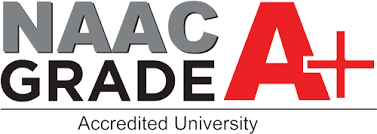

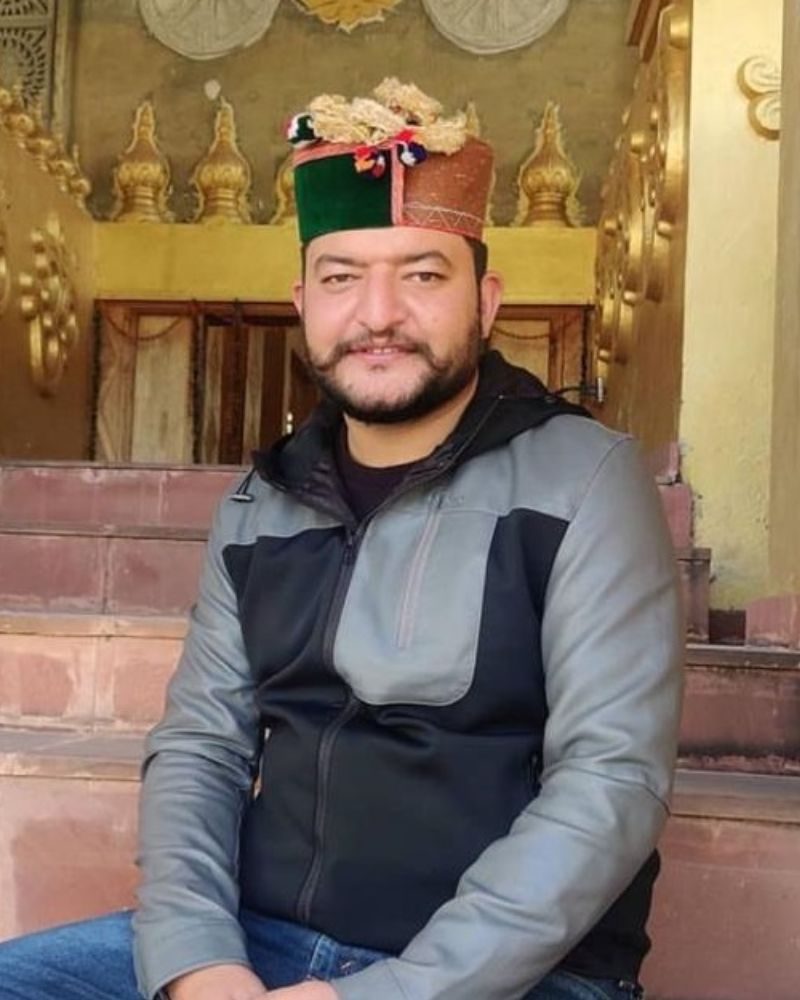
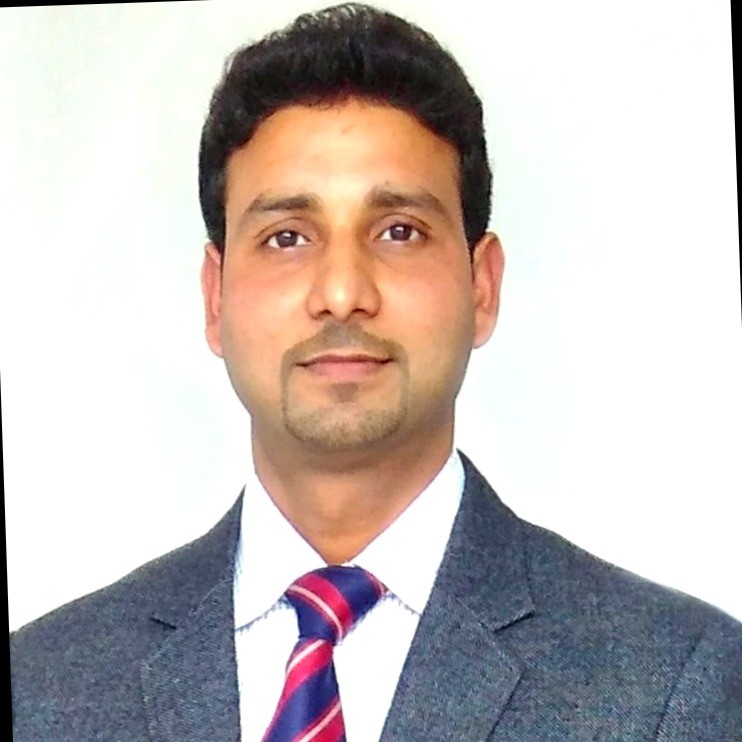
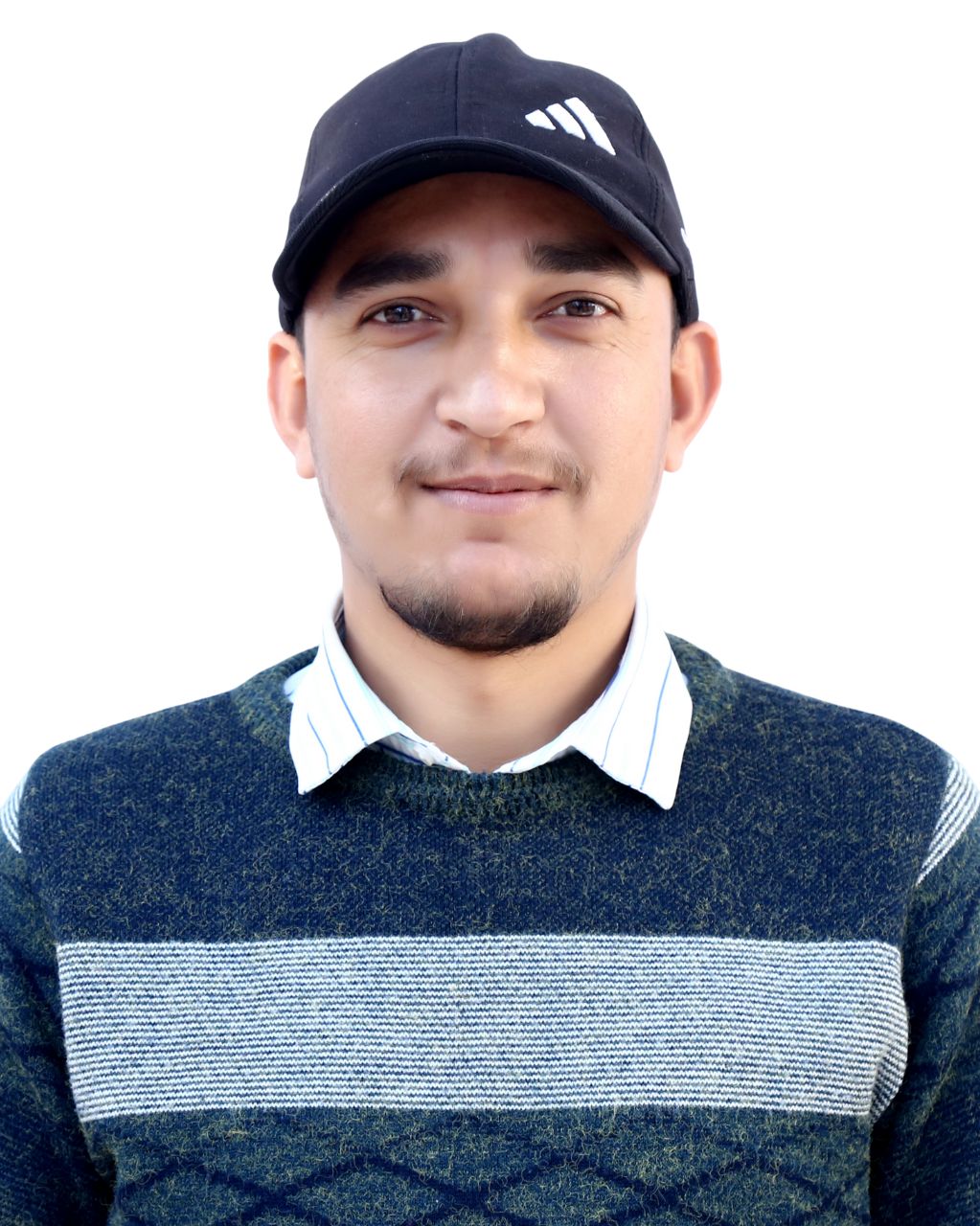
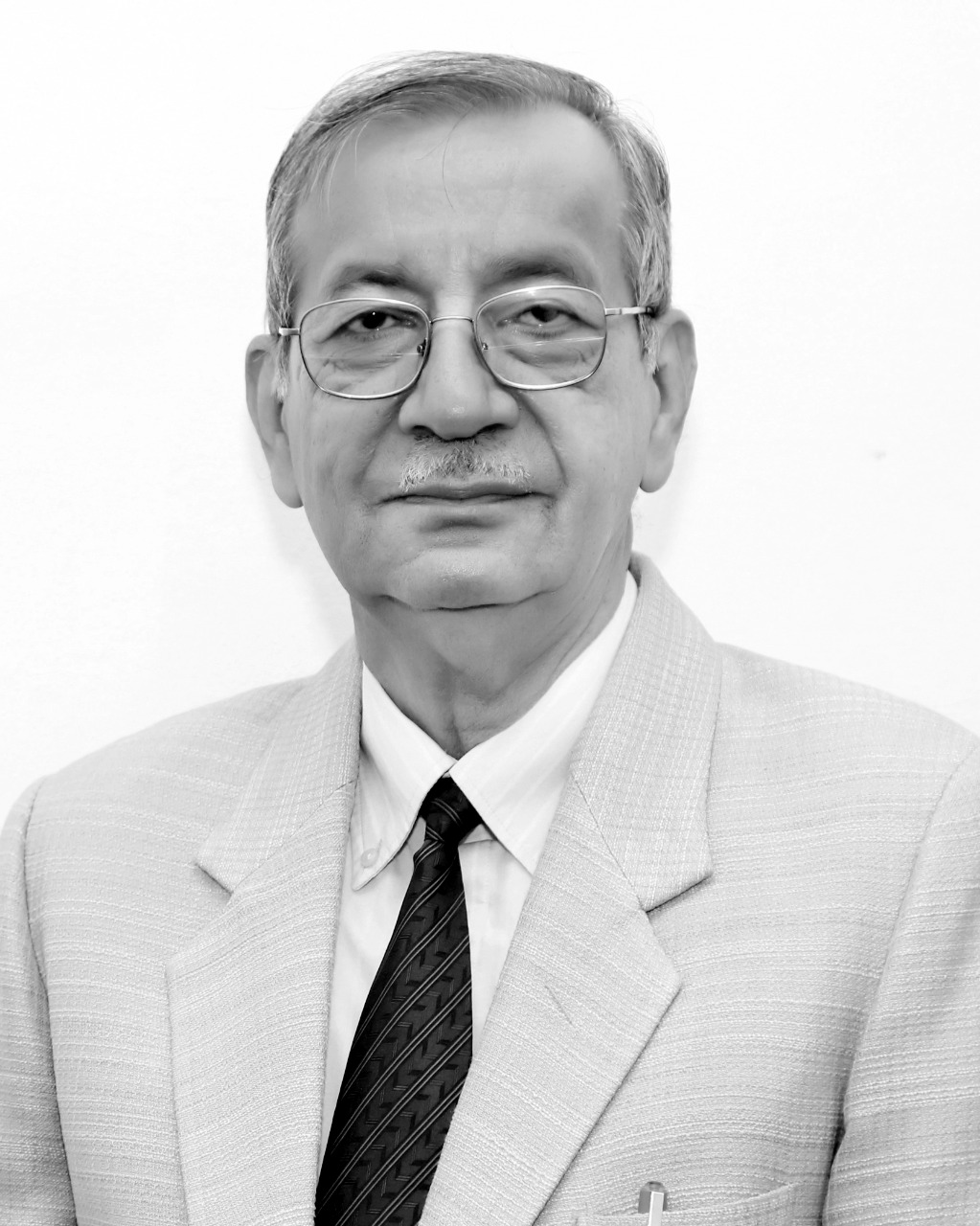

.JPG)
.JPG)
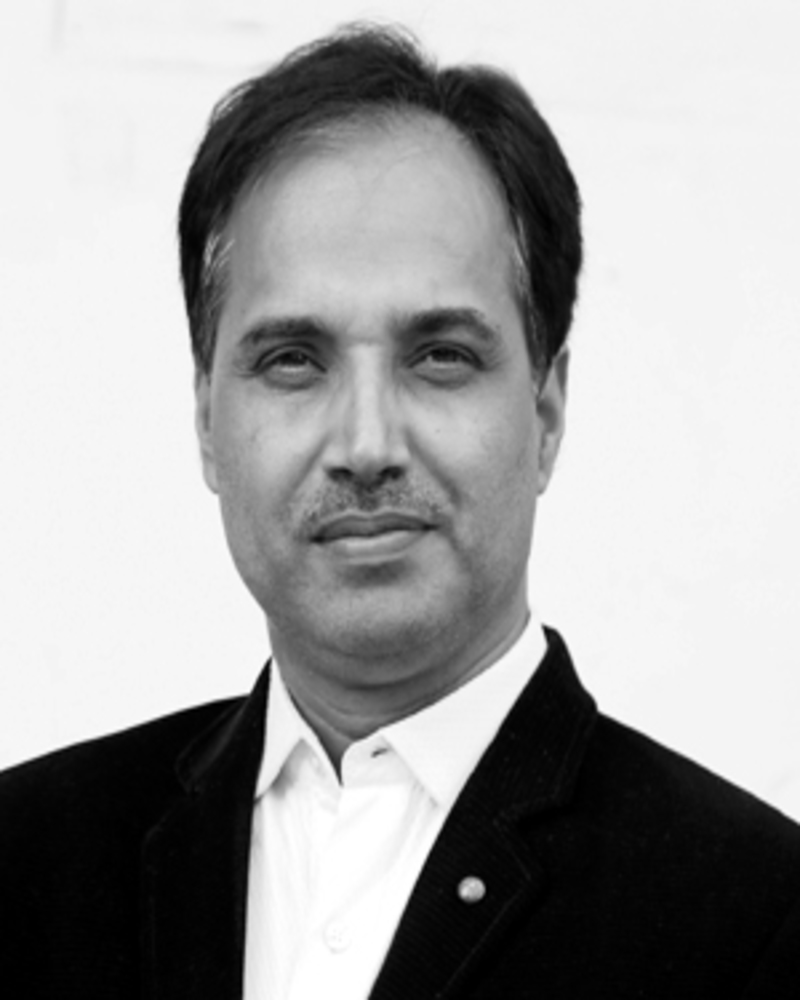
.JPG)
.JPG)
.JPG)
.JPG)

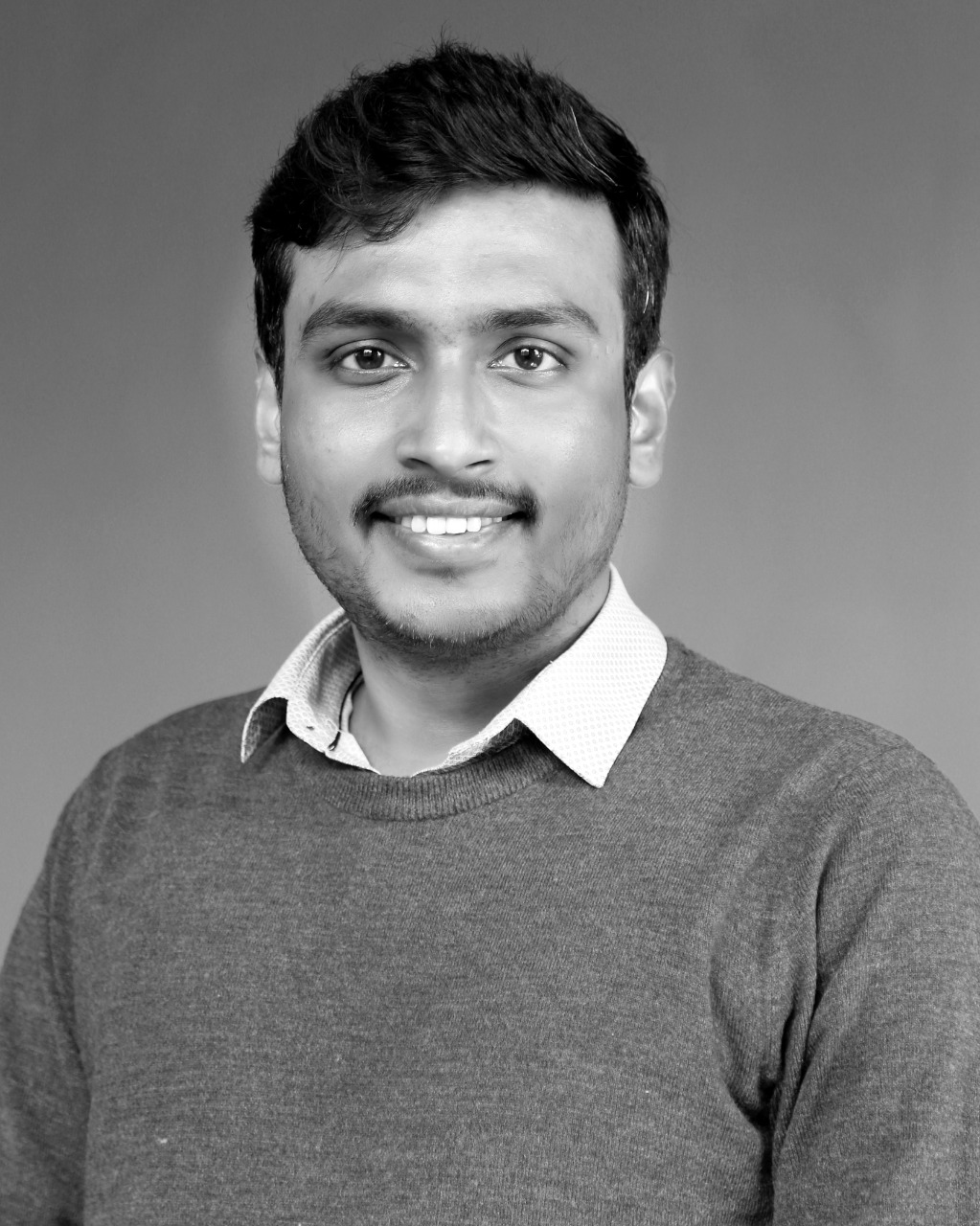
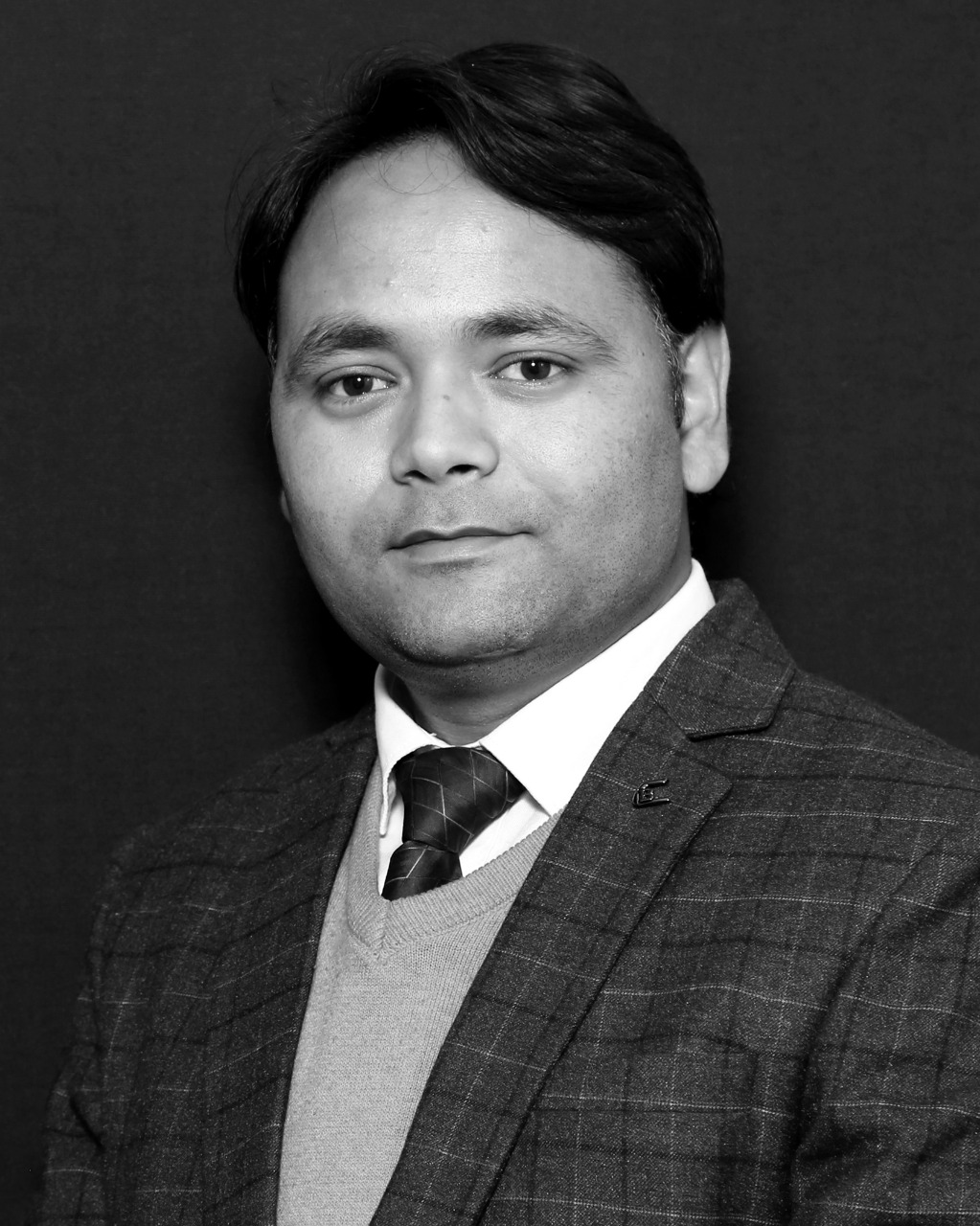
.jpg)
